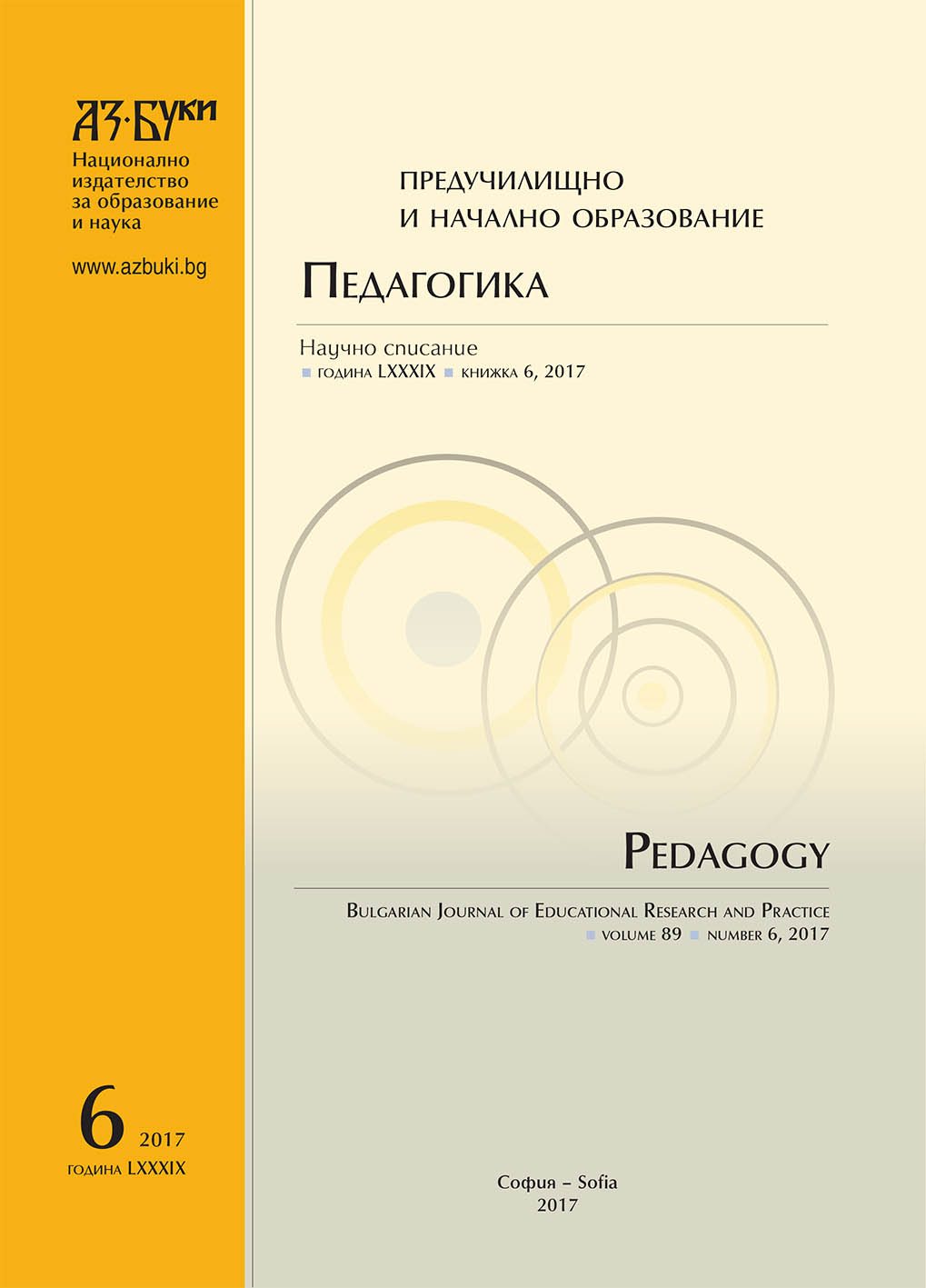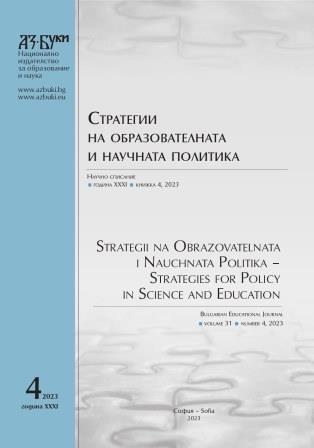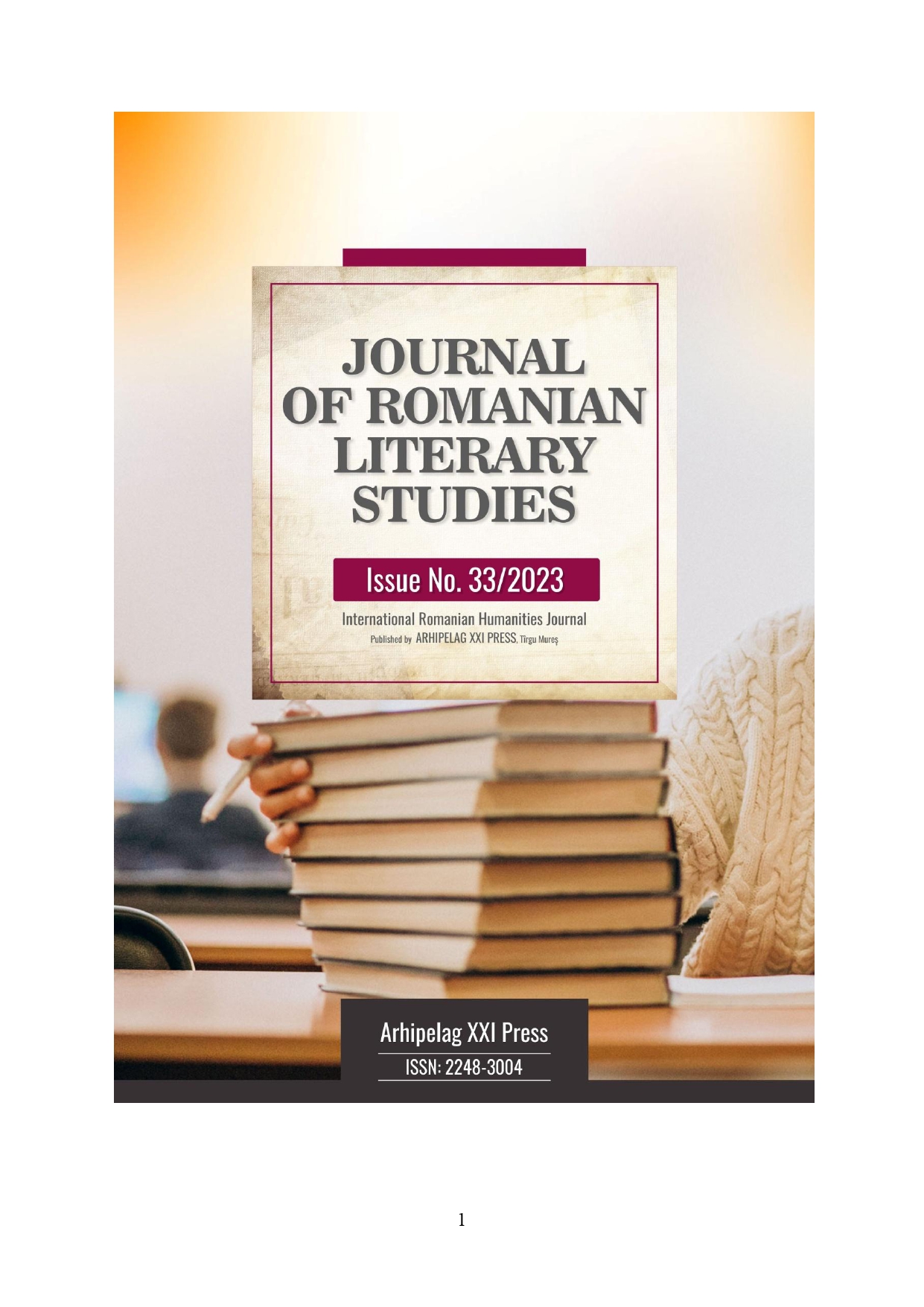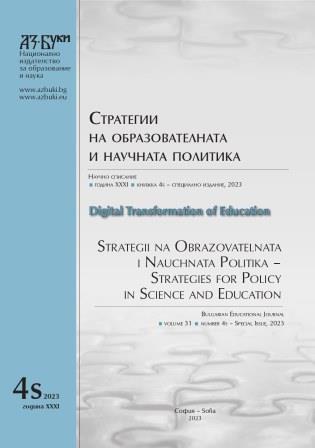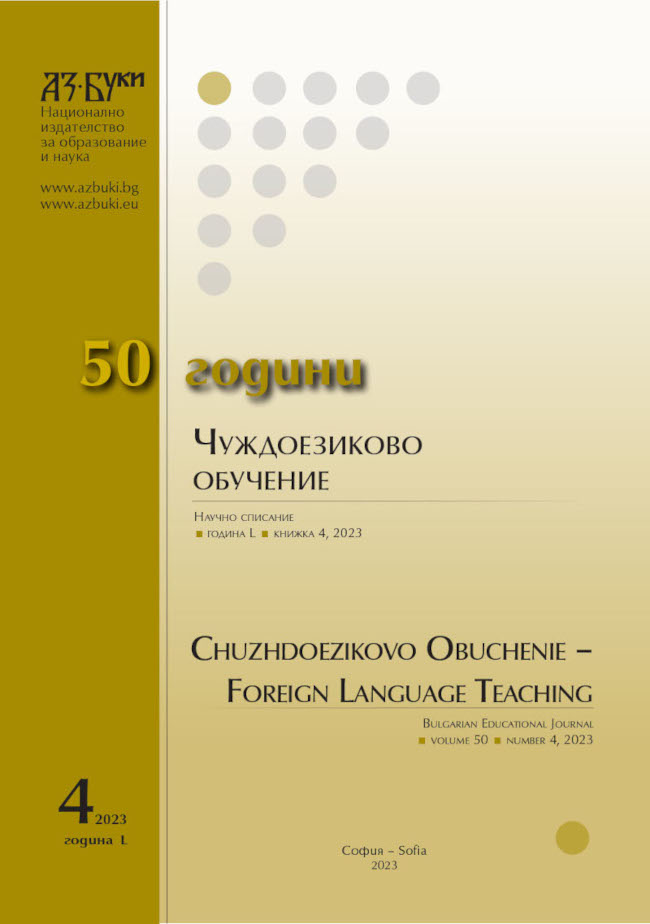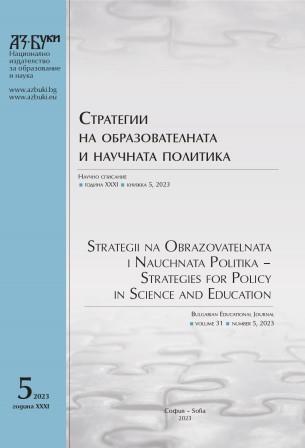Author(s): Radina Stoyanova,Kaloyan Mitev,Sonya Karabeliova,Petya Pandurova,Nadezhda Zhechkova / Language(s): English
Issue: 4/2023
The COVID-19 virus outbreak has affected all aspects of human life. The challenges of education during the pandemic could have an impact on coping with stress. The aim of the current study was to explore the effects of people’s resilience to stress on burnout symptoms. We used The Maslach Burnout Inventory (Maslach, 1982), while the capacity to cope with stress and recover was measured with the Connor-Davidson Resilience Scale (2003). There were 375 participants, 235 women and 140 men, between the ages of 18 and 48 years old (M = 21.43; SD = 3.93), learning in higher education institutions. We performed several regression analyses using a stepwise method. Adaptability (β = -.38, p < .01), external control (β = .23,p < .01), seeking social support (β = -.26, p < .01), and decisiveness (β = .17, p < .01) were found to be significant predictors of emotional exhaustion (R2adj = .175). When it comes to personal accomplishments significant predictors were purposefulness(β = .29, p < .01), decisiveness (β = .19, p < .01), and adaptability (β = .13, p < .01) (R2adj = .304). Social support (β = -.36, p = .00), external control (β = .24, p < .01) and purposefulness (β = -.18, p < .01) were significant predictors of depersonalization (R2adj = .186). The findings from the present study show that high levels of resilience to stress have a protective effect on the manifestations of burnout symptoms. These results have implications for proposing theoretical foundations for burnout prevention strategies in an online learning context. Also, enrich intervention techniques connected with achieving higher adaptability.
More...
